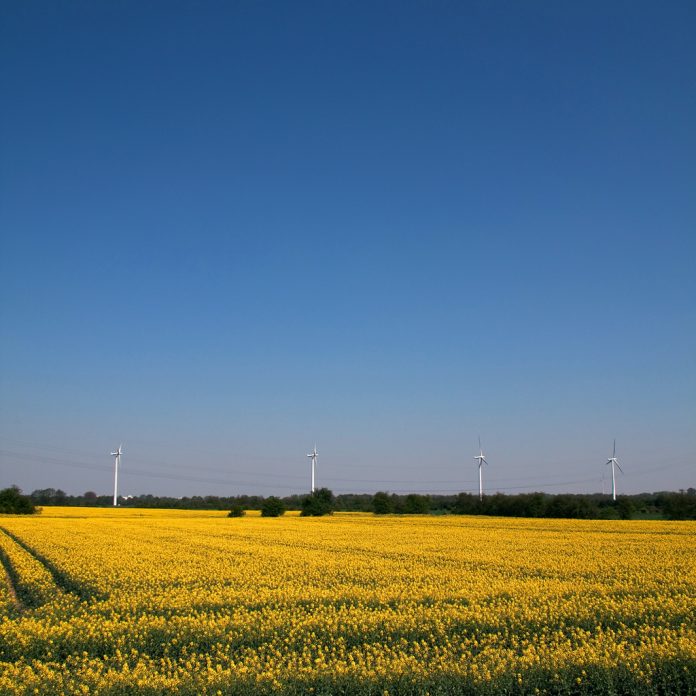European Parliament and Council negotiators have provisionally agreed on new European Union-wide targets for renewables, including self-consumption and biofuels. They decided on June 14 that the share of energy from renewables should be at least 32% of the bloc’s gross final consumption in 2030.
“We have substantially improved the initial proposal and we finally managed to reach a compromise on a binding target of 32% of renewables in the energy mix 2030,” said the rapporteur for renewables, José Blanco López (S&D, ES). “For the first time, we have put in place a consistent strategy. We disincentivised investments in new production of food crop-based biofuels and we have pushed for the development and use of advanced biofuels.”
The provisional agreement also states that a minimum share of at least 14% of fuel for transport purposes must come from renewable sources by 2030. In particular, first generation biofuel, based on food crops, must be capped at 2020 levels (with an extra 1%) and in no case exceed 7% of final consumption of road and rail transport. Also, the share of advanced biofuels and biogas must be at least 1% in 2025 and at least 3.5% in 2030.
As for food-crop biofuels like palm oil, which have a high “indirect land use change”, these will be phased out through a certification process which is to be set up.
According to the provisional deal, which still needs to be approved by EU ministers and MEPs, all EU member states must ensure that consumers are entitled to become renewable self-consumers, who may generate renewable energy for their own consumption, as well as store and sell excess production. And they should not be charged any fee self-consumed energy until 2026, with some limited exceptions foreseen thereafter.
“This final outcome sends a clear signal to the energy sector; investors know where the EU is going,” said the rapporteur for the Environment committee, Bas Eickhout (Greens/EFA, NL). “In addition, there will soon be a revision to bring the legislation into line with the Paris Agreement. We are also creating a number of conditions that will make it more attractive for households and groups of households to generate their own energy.”
In a statement, the European Commission announced the deal means that two out of the eight legislative proposals in the Clean Energy for All Europeans package (adopted by the European Commission on 30 November 2016) have been already agreed by the co-legislators.
Commissioner for Climate Action and Energy Miguel Arias Cañete said: “Renewables are good for Europe, and today, Europe is good at renewables. This deal is a hard-won victory in our efforts to unlock the true potential of Europe’s clean energy transition. This new ambition will help us meet our Paris Agreement goals and will translate into more jobs, lower energy bills for consumers and less energy imports.”
According to the European People’s Party (EPP) Group in the European Parliament, the agreement will help provide secure, affordable and climate-friendly energy. “While this will not include nationally-binding targets, Member States will now have an opportunity to submit national plans outlining how they are going to meet these new targets”, said EPP Group Spokesman Seán Kelly MEP.
In response to the deal, the Progressive Alliance of Socialists and Democrats (S&D) Group’s negotiator for renewable energy, José Blanco said: “For the first time we put in place a consistent strategy, avoiding false solutions like using palm oil. High indirect land use change (ILUC) biofuels will be phased out through a certification process for low ILUC biofuels, which is to be established.”
“We must push for the development and use of advanced biofuels, leaving aside food-based crops and instead using materials such as forest residues, agricultural waste and manure from livestock. All this will contribute to a zero-waste model, which is also more ethical,” he added.
In turn, S&D’s Vice-President for sustainability Kathleen Van Brempt said: “This ambitious deal will place the EU back at the forefront of renewable technologies. It will spur innovation, spark investments, create jobs, reduce our dependency on the import of fossil fuels from geopolitical instable regimes and reduce air pollution. It will also deliver an indispensable contribution towards our Paris climate goals.”

